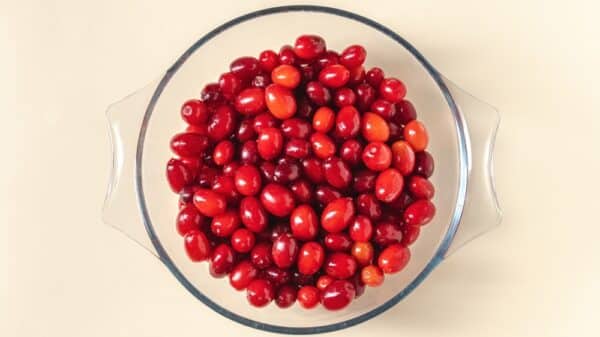As the seasons change and colder weather approaches, many individuals become increasingly concerned about their immune health. With the rise in colds and flu, it is essential to understand the nutrients that can bolster your body’s defenses. Here’s an exploration of key vitamins and nutrients that support immune function, along with insights on how to incorporate them effectively into your overall wellness regimen.
The Power of Nutrition Over Supplements
Nutritionist Sharon Palmer emphasizes that while many think of vitamins as pills, optimal health often derives from whole foods. A diet rich in fruits, vegetables, whole grains, and lean proteins provides not just vitamins but also other essential compounds that aid absorption and utilization.
The following highlights key vitamins for immune health, as well as the nuances surrounding their effectiveness.
1. Vitamin C
Vitamin C is often lauded for its immune-boosting properties. While some may rely on high-dose supplements, recent studies show mixed results. Evidence suggests that adequate intake from natural food sources—like citrus fruits, bell peppers, and broccoli—is more beneficial. This approach enhances absorption without risking excessive intake, which can lead to adverse effects.
2. Elderberry
Elderberry has gained popularity as a natural remedy for colds and flu. However, as Palmer points out, the research backing its efficacy is limited. While some studies suggest potential benefits, experts caution against over-reliance on elderberry, especially once an infection has taken hold.
3. Zinc
Zinc is crucial for immune function according to the Mayo Clinic. This trace mineral assists in various immune processes, and while supplements can be beneficial, excessive intake may hinder rather than help the immune response. Consultation with a healthcare provider is recommended before starting supplementation, particularly for individuals considering higher doses.
4. Selenium
Selenium is another micronutrient often overlooked. It serves vital antioxidant roles and supports cell function. Studies emphasize its importance for a well-functioning immune system. Food sources like Brazil nuts and fish can effectively meet selenium requirements without the risk of overconsumption that supplements pose.
5. Vitamin A
Often overshadowed by vitamins C and D, vitamin A plays a significant role in maintaining immune health. Found in foods like carrots and sweet potatoes, it assists in the development and function of immune cells and could be integral in your dietary approach.
6. Vitamin D
Vitamin D stands out in its demand for attention, especially during months with limited sunlight. Its immune-supporting properties are well-documented, with studies suggesting that vitamin D deficiency may lead to increased susceptibility to infections. Testing levels and discussing supplementation with a healthcare provider can ensure adequate intake.
Additional Nutrients for Immune Function
In addition to the aforementioned vitamins, several other nutrients contribute to immune health. Folate, iron, vitamins B6 and B12, copper, vitamin E, and magnesium all play roles in supporting various aspects of immune function. Ensuring that your diet encompasses these micronutrients can fortify your body’s defense mechanisms.
Holistic Health Approach
It’s essential to remember that a robust immune system involves more than just vitamin intake. Good sleep, effective stress management, proper hygiene, and regular physical activity are equally significant. Maintaining a balanced lifestyle allows your body to function optimally and respond more effectively to pathogens.
Conclusion
Bolstering your immune health with vitamins and nutrients is integral, especially as the cold and flu season approaches. By prioritizing nutrition from whole foods and understanding the role of various vitamins, you can support your immune system more effectively. Always consult a healthcare professional before making significant changes to your diet or beginning new supplements. By ensuring a holistic approach to wellness, you can fortify your defenses against seasonal illnesses.





























